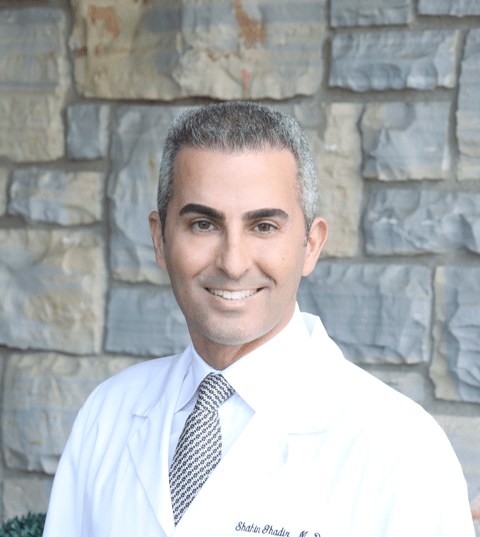Beauty...

By Mollysims.com
Dr. Shahin Ghadir has been in Molly’s life for a long time. As someone who got married and had children later, Molly wanted to do everything in her power to prepare for all scenarios. We wanted to have the big conversation with a fertility specialist around fertility health and infertility prevention. It’s such an important topic for all women—and one that is often quite uncomfortable and rather dreaded. We get into egg freezing and why it’s definitely worth considering, we debunk the correlation between regular periods and getting pregnant, and we even brush on menopause and why it happens. Whether you’re 20, 30, or 40, this episode is for you.
“You are born with the number of eggs that you’re going to have in your body for the rest of your life. In utero, when you’re inside of the uterus, you have about 20 million eggs. But by the time you’re born, it goes down to two million. By the time you get your first period at the age of 12 or 13, those eggs have gone down to about 430,000. So they die off very quickly. Every month when you release that one egg of ovulation, you are actually losing about a thousand eggs that die off in the process of that one egg ovulating. It’s not a very efficient system. That’s why at the age of around 50 or 51, most women in the country go into menopause. The longer those eggs are in your body, as they age, they also get sticky and they have problems with their DNA, and chromosomes stick together. These are the eggs that lead to problematic or unhealthy births, or not successful pregnancies.”
“The younger you do this, the better off you are. Your 20s is an ideal time but I’ve had very few patients of this age group. When you hit the age of 30, if you are not ready to have kids, having a plan is simply not enough. You really need to think ahead and act on it. If you’re turning 30 and you already have a kid but want to have more kids, again, you better think ahead, as it only gets more complicated as you get older. Studies have shown that egg reserves begin to decline around the ages of 26-28. We’ve had people who are 30-32 come into the office to do this for all the right reasons, but unfortunately, their egg reserve is declined. So when you’re in your 20s and you’re going to your annual checkup with your gynecologist, I think it’s incredibly important to add on a blood test called an AMH (Anti-Mullerian Hormone Test) to see how your levels are doing. If the numbers are moving down a little, maybe do it again next year to see what’s going on. People don’t understand how easy the process is. 99% of my patients have said to me, “It was so much easier than I ever thought it was going to be.”
“Let’s just get rid of some myths that are out there. Just because you have a regular period, has nothing to do with the number of eggs you have. There are some women, who, even in their 40s, until they hit menopause, have perfectly regular periods. At the age of 47, you don’t have eggs that are going to be viable to do anything with. So that’s a myth. Now, if your periods are getting irregular in your early 40s, that’s a signal that things are going downhill more rapidly. But that doesn’t necessarily mean that just because you have regular periods you have excellent fertility. 95% of the infertility patients in my office I talk to regularly have regular periods.”